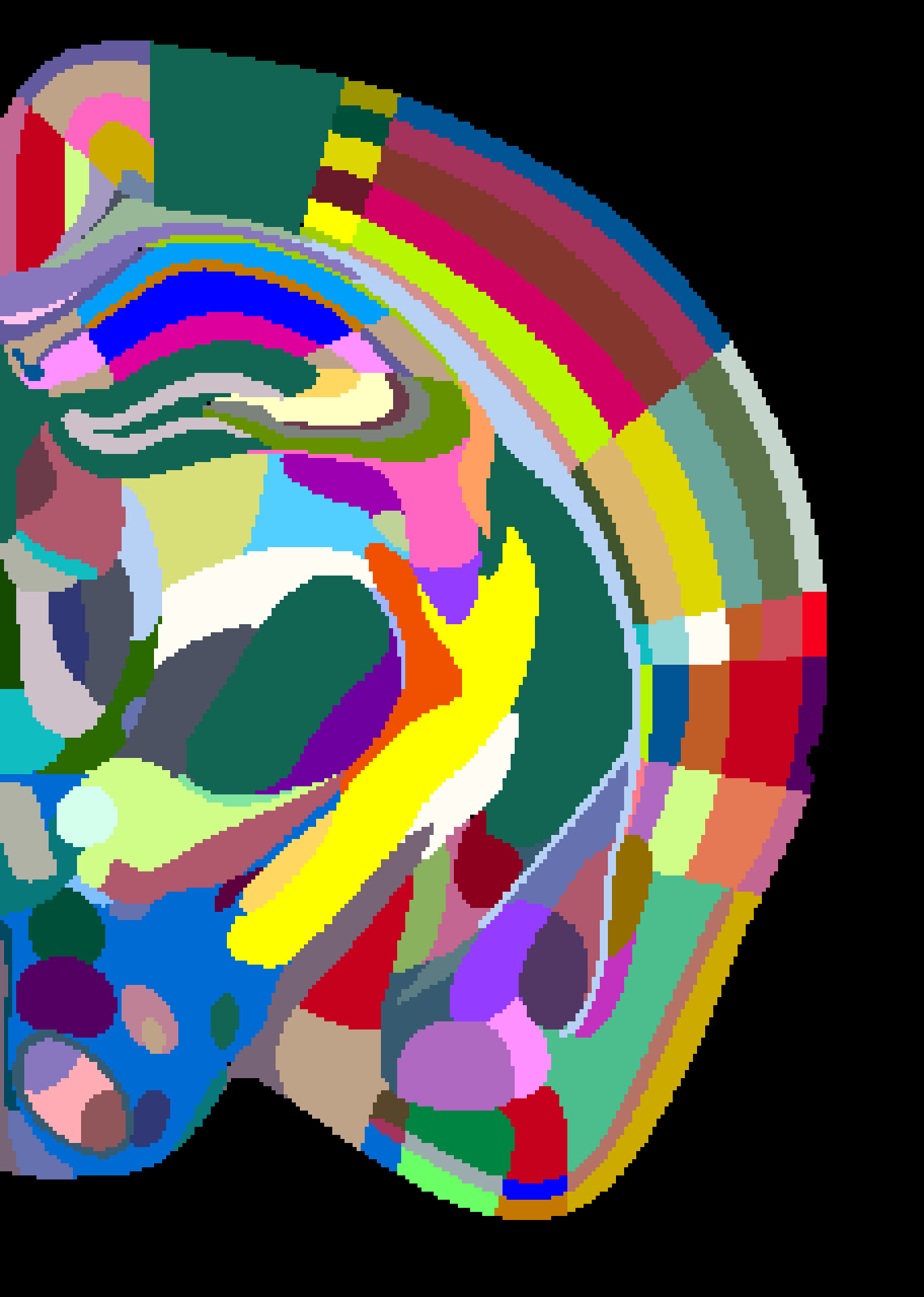
BrainJ: Whole brain reconstruction and analysis
BrainJ is a tool developed within Cellular Imaging to allow researchers to reconstruct tissue sections imaged on slide scanners and confocal microscopes into whole brains for analysis of cells, volumes, and projections. With an emphasis on accessibility and automation, this approach is easy to deploy and use, requiring no coding experience and minimal manual intervention to process multiple datasets. BrainJ is freely available on Github.
The tutorial video linked below includes a walkthrough of getting started with BrainJ, and analyze whole brain datasets, including some guides to recently added features, including:
How to automatically reconstruct and register whole brains and tissue volumes from data acquired from slide scanners and confocals.
How to automatically align these datasets to both the Allen Brain Atlas and the Enhanced and Unified Atlas (Kim et al. 2019).
How to map cells within a CCF using a variety of detection methods. Including machine learning segmentation with Ilastik.
How to perform mesoscale mapping of axons and dendrites within a CCF.
How to view and measure probe / GRIN lens placement or lesion and injection volumes within a CCF.